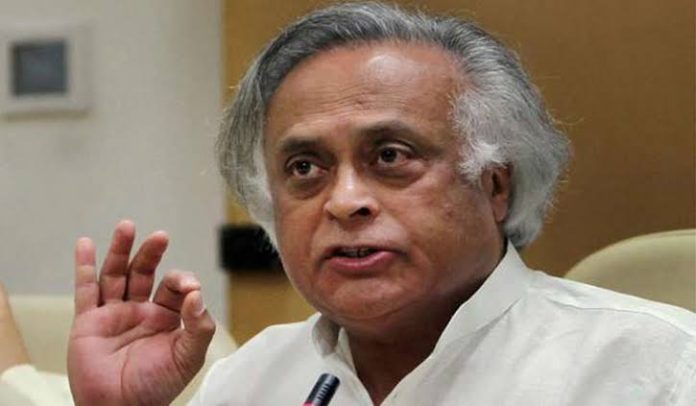New Delhi, April 7: In response to Prime Minister Narendra Modi’s remarks linking the Congress manifesto to the Muslim League, Congress General Secretary Jairam Ramesh has criticized the Prime Minister’s understanding of history, citing instances where leaders of the Jan Sangh and Hindu Mahasabha were part of coalitions with the Muslim League in the past.
During an election rally in Saharanpur, PM Modi had alleged that the Congress manifesto carries a “Muslim League imprint” with leftist influences. However, Ramesh pointed out that it was Syama Prasad Mookerjee, then president of the Hindu Mahasabha, who participated in a coalition government with the Muslim League in Bengal during the early 1940s. Additionally, he highlighted similar alliances in Sindh and the North-West Frontier Province.
Ramesh emphasized that it is the BJP, not the Congress, that engages in and promotes divisive politics. This response comes amidst the escalating rhetoric between the ruling BJP and the opposition Congress in the lead-up to the Lok Sabha polls.
The Congress recently unveiled its manifesto, titled “Five Pillars of Justice,” which includes 25 guarantees aimed at addressing various socio-economic issues. The manifesto promises rights to apprenticeship, a legal guarantee for Minimum Support Price (MSP), a constitutional amendment to increase the reservation cap for Scheduled Castes (SCs), Scheduled Tribes (STs), and Other Backward Classes (OBCs), a nationwide caste census, and the scrapping of the Agnipath scheme.
This exchange underscores the intensifying political discourse in the run-up to the elections, with both parties presenting contrasting visions for the future of India. While the BJP under Modi’s leadership has emphasized issues like national security and development, the Congress has focused on issues of social justice and inclusive governance.
The forthcoming elections are poised to be a significant battleground for these divergent ideologies, with parties seeking to rally support based on their respective policy agendas and historical narratives. As the campaign unfolds, voters will evaluate these contrasting narratives to make informed choices in determining the country’s direction for the coming years.




